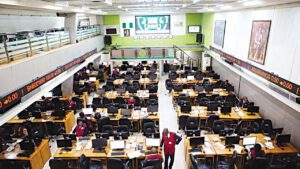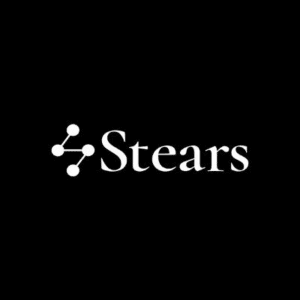
Sterling Bank reports 6% increase in profit to N11.2bn, declares N0.05 dividend
By Kayode Tokede
Sterling Bank Plc has reported six per cent increase in profit to N11.2billion in its audited accounts for full year ended December 31, 2020 from N10.6billion reported in 2019.
With growth in profit, the management of Sterling Bank proposed N0.05 per ordinary share of 50 kobo each, subject to deduction of appropriate withholding tax, will be paid to Shareholders whose names appear in the Register of Members as at the close of business on Friday, 16 April 2021.
Gross profit dropped by 7.5 per cent to N138.9billion in 2020 from N150.2billion reported in 2019. The lender said Gross earnings moderated by a 12.47per cent decline in interest income as yields trended lower.
The Chief Executive Officer, Sterling Bank Plc, Mr. Abubakar Suleiman in a statement stated that, “2020 has been an extraordinary year, defined by the global pandemic and how it disrupted society and severely impacted economic activities.
“During the year, we channeled our resources towards empowering our stakeholders to respond to the unprecedented disruption while supporting them to adapt to new ways of banking.
“The Bank spearheaded efforts to contain the pandemic by encouraging innovation to increase COVID-19 testing capacity, promote social distancing and support healthcare workers on the frontline.
We focused on retooling our employees to perform optimally while enabling a safe and conducive environment, and capped the year with the ‘Overall Best Workplace in Nigeria’ award, a testimony to the effectiveness of our employee welfare initiatives.
“Despite a challenging year, the Bank recorded a 15.9per cent growth in profit before tax to N12.4 billion.”
According to bank, “Sterling Bank’s Interest expense declined by 21.3 per cent, resulting in a 160 bps drop in cost of funds; this was driven by a 39.5 per cent y-o-y growth in low-cost customer deposits.
“In response to the pandemic and expected credit losses, we proactively increased our cost of risk by 10 bps to one per cent while moderating NPL ratio downwards by 30basis points to 1.9 per cent.
Cost-to-income ratio declined y-o-y to 77.4 per cent as we recorded a 2.5 per cent drop in operating expenses despite rising inflationary pressures.
“Notably, our NIP (NIBBS Instant Payments) transaction volume grew by 89.4per cent compared to the previous year on the back of investments made in our digital platforms.



